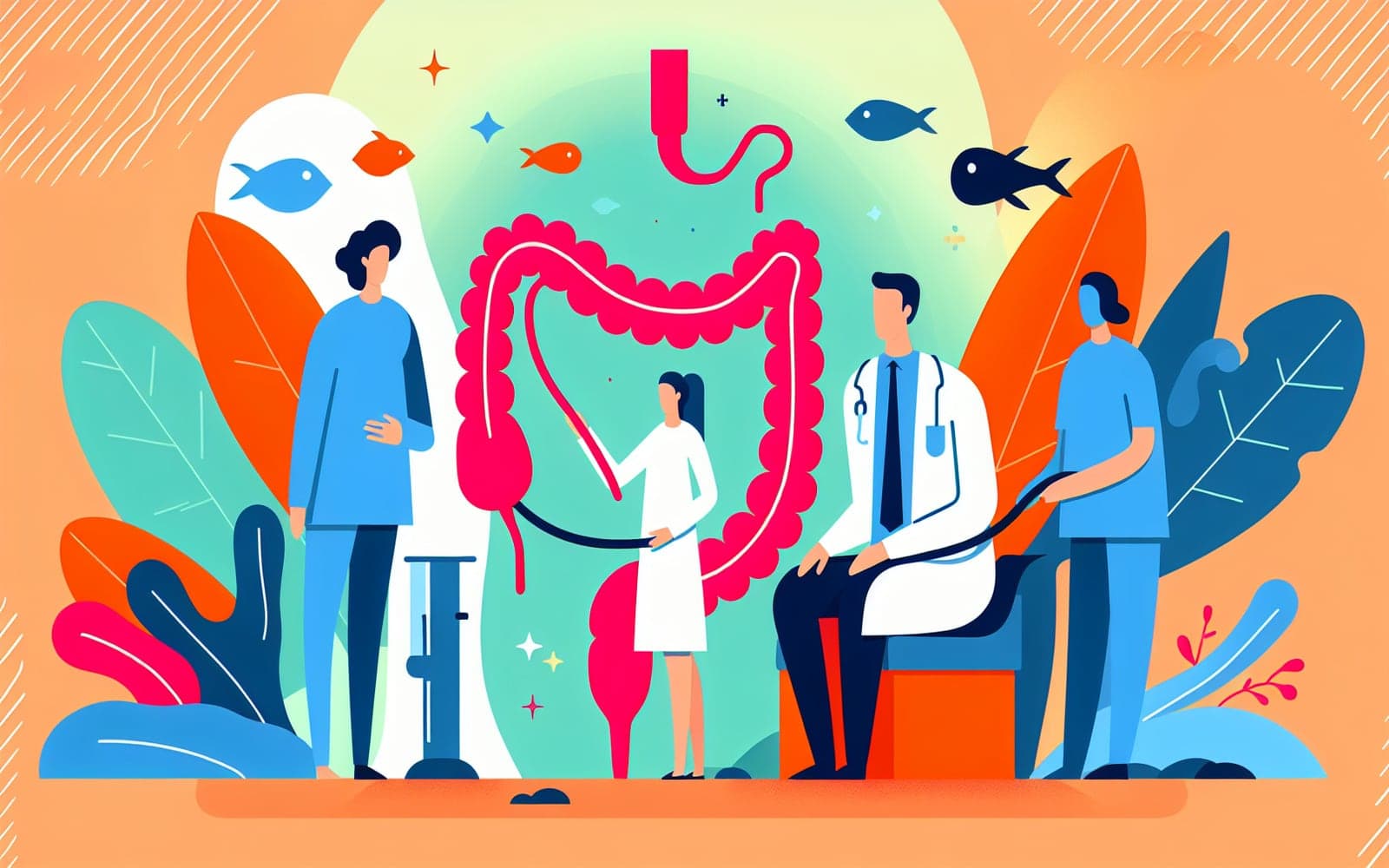Colonoscopy: A Key Player in Managing Acute Lower GI Bleeding
Published: Mar 12, 2024
Colonoscopy is a crucial procedure in managing acute lower GI bleeding, offering both diagnostic and therapeutic benefits. Let's understand its role.
Contents
Colonoscopy as a Diagnostic Tool
Colonoscopy allows doctors to directly visualize the colon, making it the preferred method for diagnosing acute lower GI bleeding. It can identify the exact location of bleeding, regardless of its rate or cause, and allows for the collection of tissue samples if needed.
Therapeutic Benefits of Colonoscopy
Beyond diagnosis, colonoscopy can also treat bleeding sites. Techniques such as coagulation or clipping can be used during the procedure to stop the bleeding, which is especially beneficial for conditions like diverticula or angiodysplasia.

Preparation and Timing
Proper preparation is essential for a successful colonoscopy, as it requires a clear view of the colon. This involves bowel cleansing, which can be challenging but ensures better results. Timing is also crucial, with colonoscopies often performed during hospitalization for acute bleeding.
Frequently Asked Questions
It's a procedure to examine the colon for bleeding sources.
Yes, it can stop bleeding using techniques like coagulation.
It involves bowel cleansing to ensure a clear view during the procedure.
Yes, perforation or bleeding may occur, though rarely.
Key Takeaways
Colonoscopy is a powerful tool in both diagnosing and treating acute lower GI bleeding.
Consider exploring colonoscopy options with Doctronic for managing GI bleeding effectively.Related Articles
References
Jensen DM, Machicado GA. Diagnosis and treatment of severe hematochezia. Gastroenterology 1988; 95:1569.
Strate LL, Naumann CR. The role of colonoscopy and radiological procedures in the management of acute lower intestinal bleeding. Clin Gastroenterol Hepatol 2010; 8:333.
Always discuss health information with your healthcare provider.

